Metric: The Buhari years are almost over, well, that’s if he does not win a re-election come 2018, which we won’t bet against.

FIRS using BVN to go after tax defaulting ‘wealthy’ Nigerians(Opens in a new browser tab)
Since taking the reins of office in three years ago, the President has presided over one of the most difficult periods in Nigeria’s economic history. Though he claims this can be traced to the economy he inherited, naysayers believe he made things worse than they should have been in the first place.
So, how well has Buhari fared economically?
His opponents will point to galloping inflation, a wicked recession, devaluation of the naira, budget padding etc. have all plagued his presidency and will score him low.
NERC Approves New Electricity Tariffs for Discos(Opens in a new browser tab)
However, there has also been some upsides and his supporters will point to some of them as the dividend of his presidency.
We let the data do the talking and list some of the most important metric out there that can be used to judge his presidency.
Metric: Real GDP Growth Rate
What he met – 3.96%
Current status – 1.95%
Commentary – From inheriting a GDP of 3.96%, Nigeria fell into a recession in 2016, the first in over 25 years. Growth is back but most analysts believe that it is weak. For Nigeria to get back to levels at pace with population growth rate, we should be growing at not less than 8% per quarter. The current GDP Growth rate doesn’t just cut it for us.
Metric: Real Inflation rate
What he met – 9.0%
Current status – 12.48%
Commentary – Inflation rate rose as high as 18% during his presidency. However, we have recorded over 15 months of disinflation. Nevertheless, things are not as good as they were when he came into power
Metric: Unemployment Rate
What he met: 7.5%
Current status: 18.2% (Q3 2017)
Commentary This perhaps is one of the worst metrics for the Buhari Presidency. Youth unemployment is over 40%. It has never been this bad.
Metric: Foreign Reserves
What he met: $29.61 billion
Current status: $47.75 billion
Commentary: Pass mark for the president considering how low Nigeria’s external reserves had fallen. His opponents might point to some Eurobonds that Nigeria has obtained as a component for the loans, but it’s hard to take this away from the government. They did well here.
Metric: Exchange Rate
What he met: N222.9/$1
Current Status: N363/$1
Commentary: If there is one thing this administration will be remembered for, it is the way it handled the exchange rate fiasco. The government held on to the N197/$1 official exchange rate for over a year before succumbing to a devaluation in 2017. However, before that, the exchange rate depreciated to as low as N520, before strengthening in 2017 to N360. It has remained at that level for over a year now. The CBN’s decision to introduce the I&E window greatly helped to stabilize the exchange rate.
This report makes a case for dumping stocks in this sector(Opens in a new browser tab)
Metric: Capital Importation
What he met: $2.67 billion
Current Status: $6.70 billion
Commentary: The President’s decision to hold on to the naira at N197/$1 for almost 2 years drove foreign investors away from Nigeria. However, the moment the I&E window was introduced, foreign investors came back to Nigeria in droves. You might allude to the fact that most of the investments are foreign portfolio investments, but they still are capital importation. Also, the fact that investors back suggest that they have some confidence in the economy.
Metric: Corruption Perception Index (CPI)
What he met: 136
Current Status: 148
Commentary: This president campaigned on the back of anti-corruption. Even though we have been inundated with media trials and boisterous claims of corruption fights aided by whistleblowing, the international community actually believes that things have gotten worse.
Metric: Power Generation
What he met: 1,327 MW
Current Status: 4,890 MW
Commentary: Nigeria’s power problems still persist despite claims of improved power generation. There are still over 4 million unmetered consumers and the power sector is so indebted that we believe it might implode any time soon. Government policies for the power sector hasn’t delivered what it promised.
Metric: National Debt
What he met: N12.118 trillion
Current Status: N21.725 trillion (Dec 2017)
Commentary: Nigeria’s public debt has almost doubled in the last 3 years. Whilst there is good reason for increasing Nigeria’s debt position, there is worry that most of the proceeds of the debts are channeled towards recurrent expenditure. Nigeria’s debt to GDP is still tolerable even though debt service to GDP remains a major concern.
Metric: Purchasing Managers’ Index (PMI)
What he met: 49.5 index points
Current Status: 56.9 index points
Commentary: This index measures how confident businesses are about increasing their inventory.
For most of the 3 years of this presidency, Nigeria’s PMI dropped to levels not seen in years. However, we have noticed a significant improvement of late. Another signal that businesses are confident again about the economy.
Metric: Stock Market All-Share Index
What he met: 34,310.37
Current Status: 39,028.51
Commentary: The stock market has had a volatile ride during the Buhari Presidency and this is perhaps one of the most turbulent we have ever seen. From the early days of the “Bull-hari” to the exchange rate triggered days of “Bear-hari” it has been one hell of a ride.
However, the introduction of the I&E window by the CBN seemed to be a major turning point. The stock market closed as one of the best in the world last year after being the worst in the prior year. Hard to call this one, but we will score him a pass mark as the market was already tanking when he came in.
You may have noticed 11 metrics instead of 10 mentioned in the title of this article. Being a website focused on making money, we thought to include the stock market as a metric.
What else will you like to see included as a metric? Let us know and we will include it here.

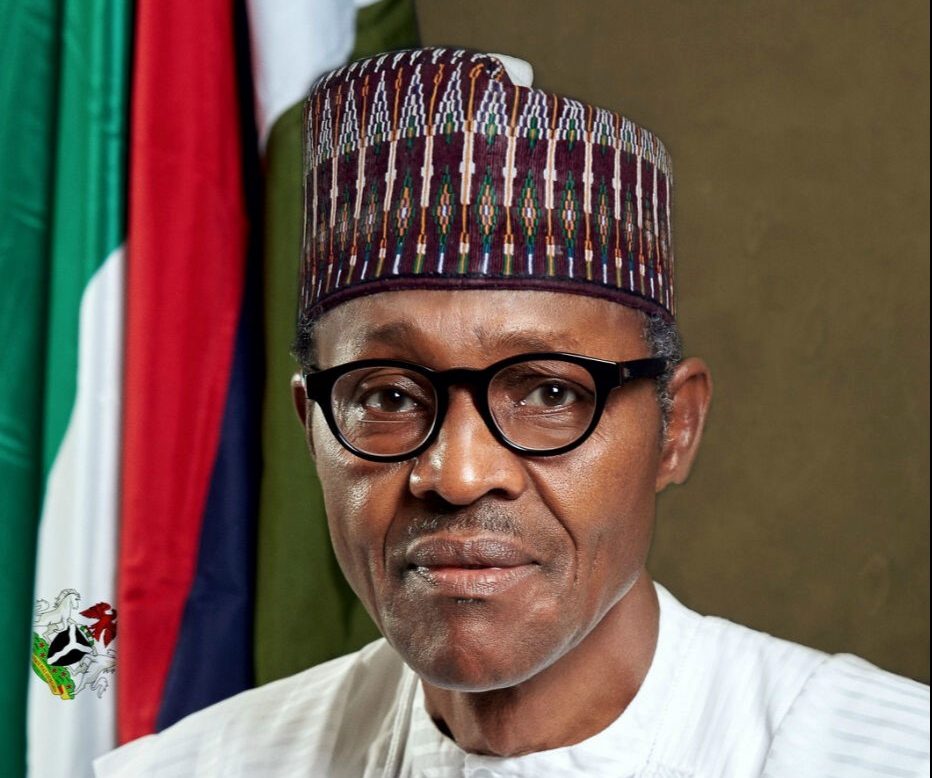







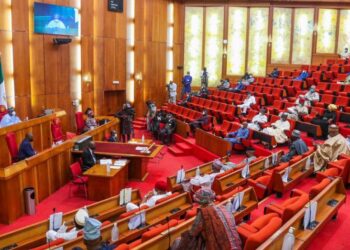
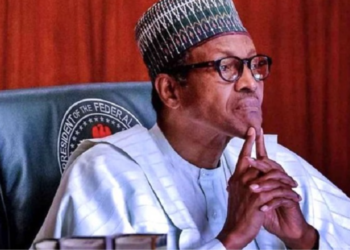
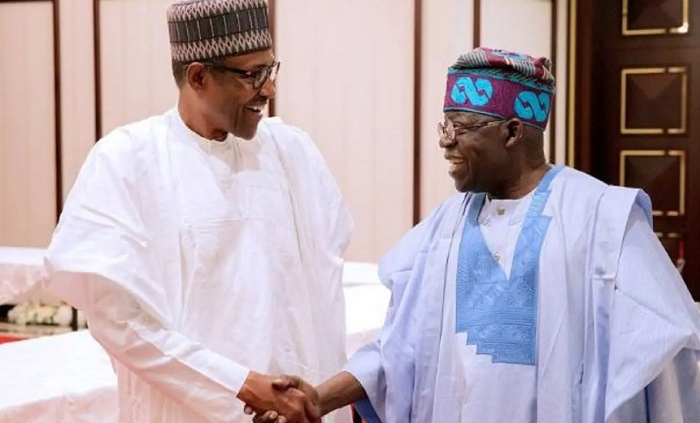
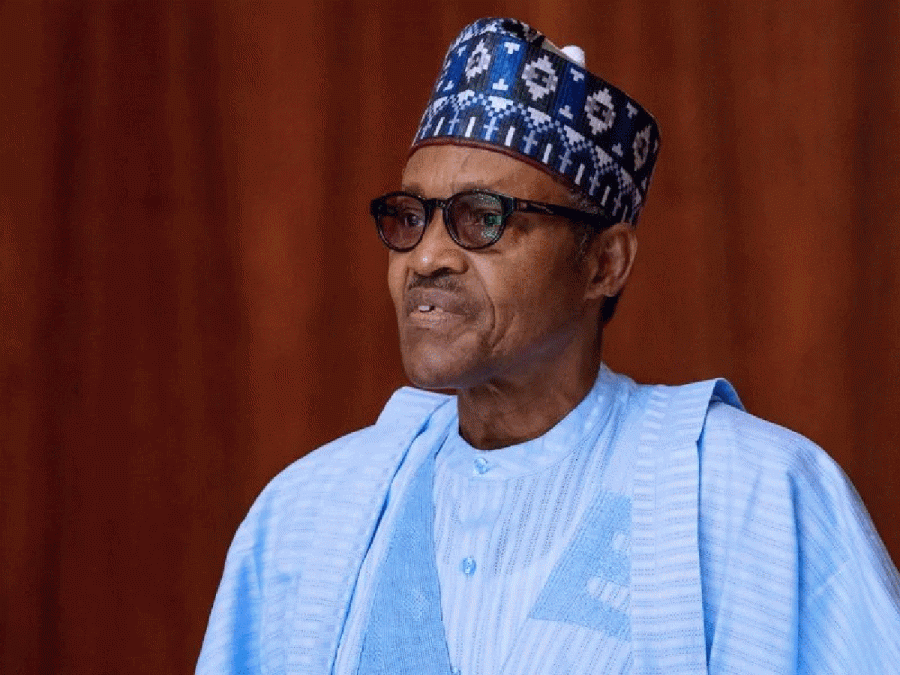
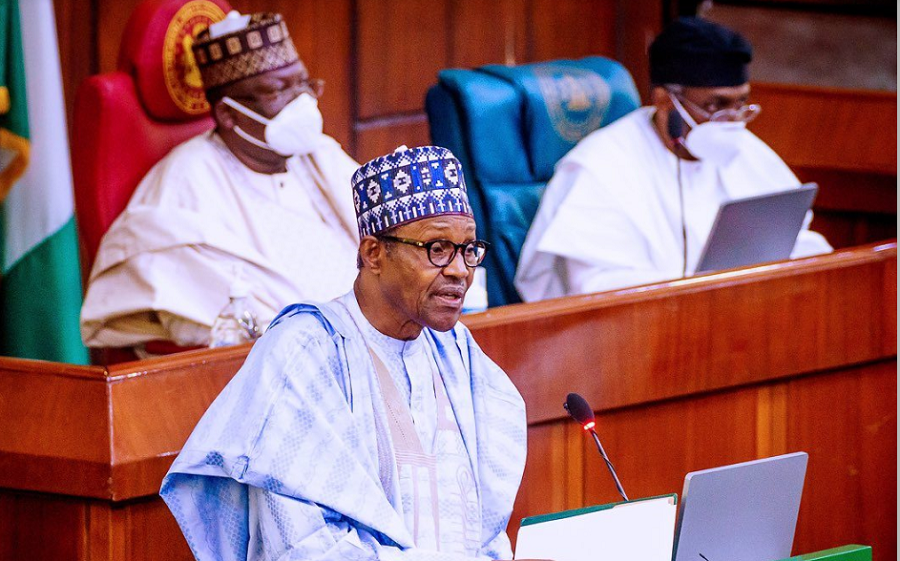










Thanks for this, quite robust and objective.
I will include tax generated and other non-oil revenue, budget implemetation rate, investment in capital projects and security rate across the country.
Cheers
Good info but did not take Care of real Issue in Nigeria present realities like. Hate speech Indices which have been on steady rise since postwar Nigeria Cause of perceived hatred of one ethnic group against major interest of the nation, and Lack of clear economic policies.